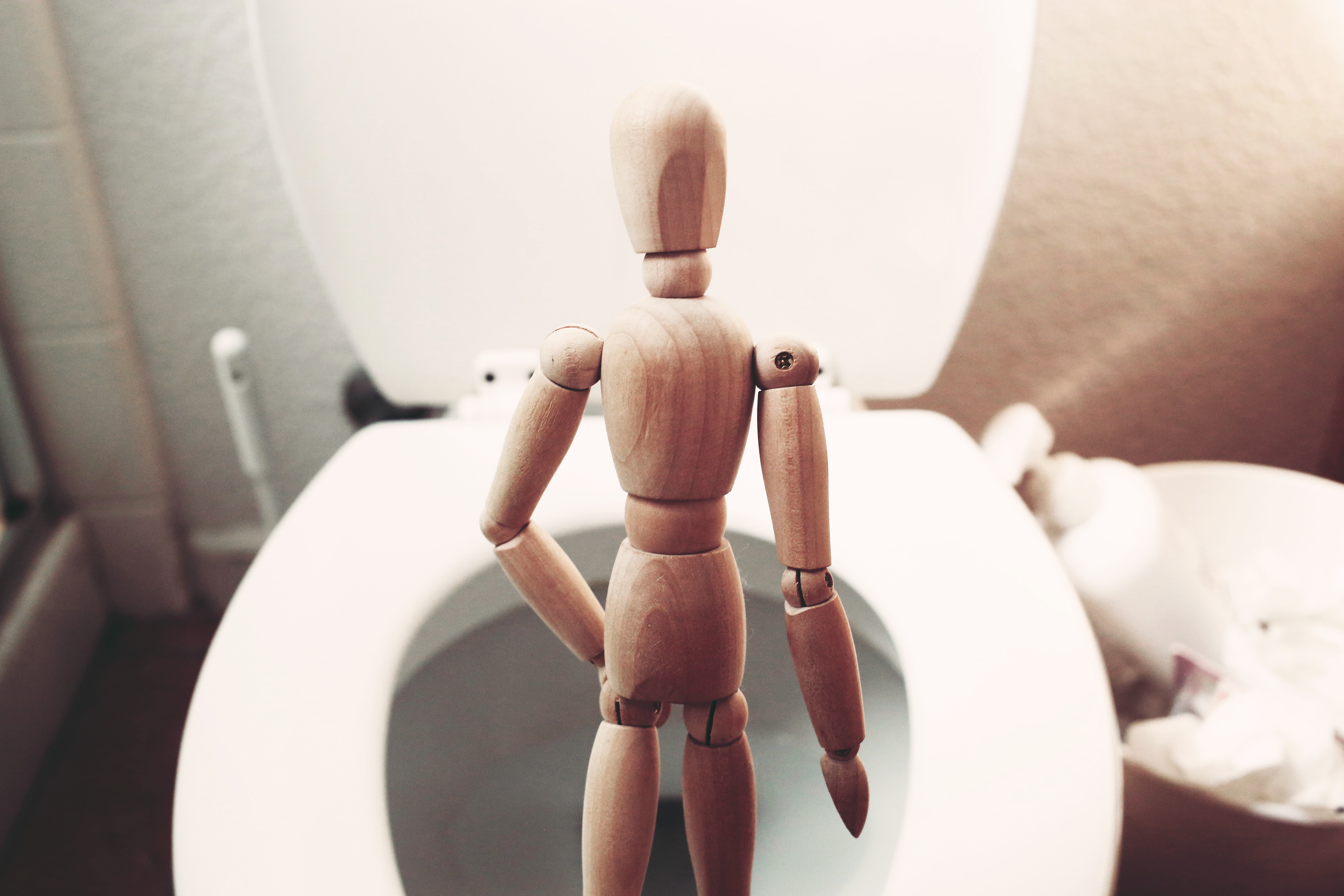Gonorrhoea- FAQ

What is gonorrhoea infection and how is it spread?
Gonorrhoea is caused by a bacteria called Neisseria Gonorrhoea. It's transmitted by having unprotected sexual intercourse via vaginal, anal and oral with someone who is infected with Gonorrhoeal infection. You can also get Gonorrhoea by sharing sex toys and rarely from an infected seminal or vaginal fluid getting into your eyes.
You can still get infected again with gonorrhoea even if you have receive treatment in the past. Gonorrhoea can cause serious infection as it can spread to other parts of the body. Disseminated gonococcal infection is a serious and fatal complications of gonorrhoea causing high fever, joint pain, rashes and the infection can spread to the joints (causing septic arthritis), lining of your brain (causing meningitis) and your heart valve (causing endocarditis).
Untreated Gonorrhoeal infection in women can cause pelvic inflammatory disease, infertility, pregnancy complications such as miscarriage and ectopic pregnancy and be passed to your baby during delivery. Baby who are born from infected mother can get Gonorrhoea infection in the lung (causing infant pneumonia) and in the eyes (conjunctivitis) leading to blindness.
Untreated infection in men can cause inflammation at the epididymis (‘epididymitis’), prostate (‘prostatitis’) and infertility.
What are the symptoms of Gonorrhoea?
Many people don’t get any symptoms but can still spread the infection to others.
In females, it can cause abnormal vaginal discharge (usually yellow greenish color), abnormal vaginal bleeding such as bleeding in between cycles or after intercourse, lower abdominal pain, painful urination, painful heavier menses, and pain during the intercourse.
In males, it causes purulent penile discharge and redness and pain over the foreskin area, pain over the lower abdomen, pain during urination and and rarely testicular pain.
Men and women can also get infected with Chlamydia infection in their rectum. While often it cause no symptoms, sometimes it may cause rectal pain, discharge and abnormal bleeding.
How do I get tested?
You need to see a doctor for testing. Commonly urine samples or samples from the vaginal fluid or penile fluid can be sent for PCR testing.
What is the treatment need to cure Gonorrhoea?
Treatment of Gonorrhoea is by injection of antibiotics called Ceftriaxone into the muscle. For patient with drug allergy to this antibiotic other antibiotic options can be recommended by your doctor. It is very important to have your sex partner checked and treated as well. If you already treated but your partner is not treated, the risk of re-infection can occur if unprotected sexual activity is resumed. You and your partner need to avoid having sex until treatment are completed and you and your partner no longer having symptoms.
Do I need to be tested again after treatment?
Yes, usually this is done 6 weeks after treatment to ensure clearance of infection.



